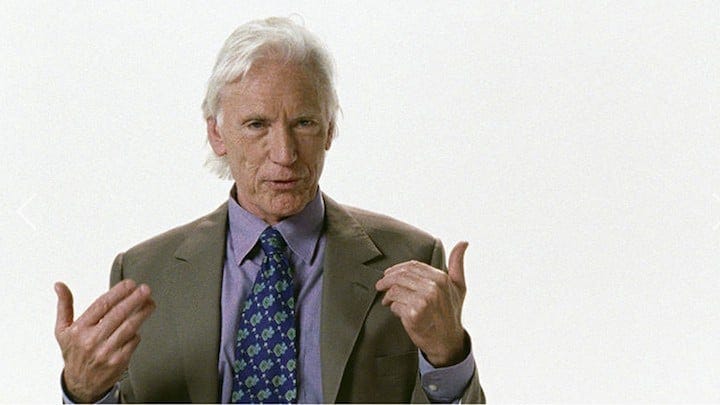Now On Blu-ray: ‘Lambert & Stamp’ is a Valuable Visualization of an Oral History of the Managers of The Who

The success of any music act is obviously dependent on their having hit songs, but it’s the story behind a band that makes them truly notable. The Who might have slipped out some popular tunes at their start if left to their own devices, although they’d likely have still been called The High Numbers on those records. History went another way, however, a…
Keep reading with a 7-day free trial
Subscribe to Nonfics to keep reading this post and get 7 days of free access to the full post archives.



